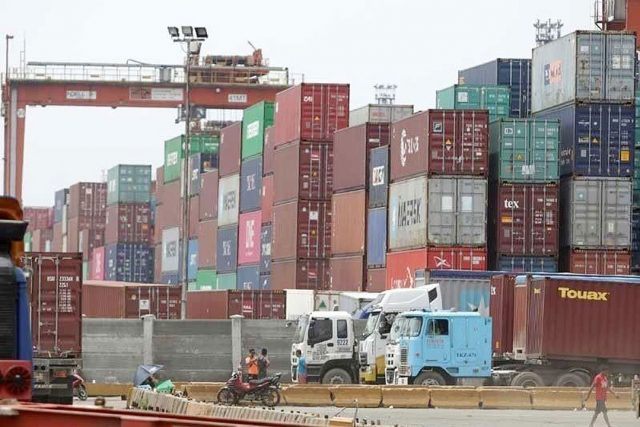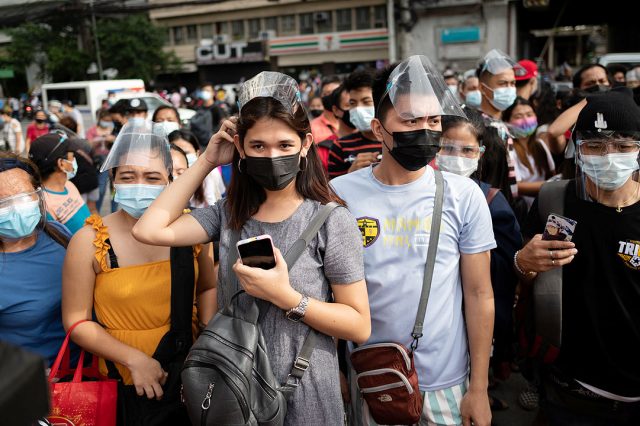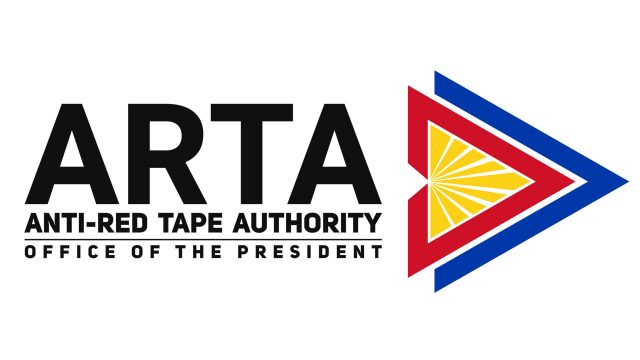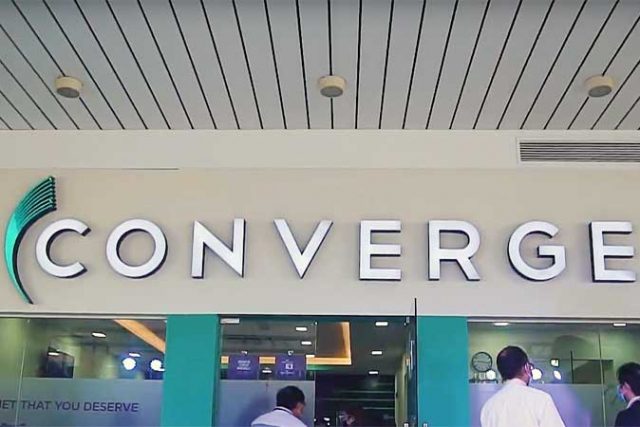“No one is born a good citizen, no nation is born a democracy. Rather, both are processes that continue to evolve over a lifetime. Young people must be included from birth. A society that cuts itself off from its youth severs, its lifeline, it is condemned to bleed to death.”
— Kofi Annan, former Secretary-General of the UN
At a political camp held last summer by Ped Xing, a student organization based at the University of the Philippines in Diliman, Quezon City, this writer was invited to talk about youth political participation in Asia. This talk with students from different schools in Metro Manila came on the heels of recent political activism across the region that included the Hong Kong protests from 2019 to 2020, a political crisis built on the people’s opposition to a controversial move that would amend their extradition bill and would infringe on their civil rights, and the Myanmar crisis of 2021, born out of the people’s opposition to Tatmadaw’s deposing democratically elected members of the ruling party.
In the Philippines, what stood out at that time as a strong form of involvement or civic engagement by young people, was the establishment of community pantries across the country. What began as one community pantry aimed at extending help to others left economically vulnerable due to the COVID-19 pandemic, eventually ballooned to about 80 more scattered from Luzon to Mindanao. And while established essentially as a spontaneous and organic act of compassion that offered free food and other necessities to those who needed them, these community pantries were eventually seen by some quarters as a form of political statement in response to the difficulties and unmet needs that many Filipinos faced at the height of the pandemic.
At the heart of all these political and civic activities from Hong Kong to Myanmar to the Philippines, is the involvement of young people — from student volunteers to advocate groups and the working class alike. This is not an isolated example of the active involvement of the youth in socio-political issues around them throughout history. According to the UNDP (2013), “youth are often the driving forces behind reform movements and the youth also tend to get involved in civic, service-oriented activities, such as volunteering for a social cause.” It is not surprising then, that questions on the power of youth vote come to the fore. Is there a youth vote and can it turn the tide during elections?
This question weighs heavily on the Philippines, now just roughly two months away from the national elections in May. According to the Commission on Elections (Comelec), 52% of the total number of registered voters for the May 2022 elections are aged 18-40, falling under the youth vote category (CNN, 2021). The majority of the voters will be the youth, which means the outcome of the elections would or could be determined by this group’s voter turnout. This assumption does not deviate from the voter turnout during the 2010 presidential elections. Pulse Asia exit poll data back then showed that 36% of the votes came from the youth.
It does not categorically mean, though, that there is a youth vote. They are a force to reckon with in terms of numbers, but the experiences and diverse concerns of the youth contribute to differing attitudes during elections, making it difficult, if not impossible to assume that they share a homogenous set of standards in determining their political choices. In an interview with Rappler (Paris, 2019), sociologist Jayeel Cornelio said that “young people remain fragmented and their local experiences matter… these experiences affect their voting preferences based on whom they think can meet their needs.” Following Cornelio’s argument, there is more to understanding the strength of the youth beyond their turnout in the elections.
Given the sheer number of young voters expected to participate in the 2022 elections, it is imperative to understand how their aspirations and concerns find space in the platforms of candidates.
Significant findings from a 2021 project led by the UNDP, Youth Co:Lab Philippines, and Citi Foundation showed what young Filipinos hope or aspire for. Topping the list are “good governance, post-COVID recovery, and education.”
“Good governance” as a top answer on what the youth hope for resonates with what is most discussed on various platforms in the last few months of 2021 leading to the start of the campaign this February. With the election campaign now in full swing, good governance becomes an important yardstick for youth and adult voters alike as they decide on who to vote for. The campaign period offers an avenue for the public to hear candidates’ specific plans for reforms to address issues of corruption, transparency, and accountability, among others. The youth will resonate with candidates whose platforms include institutionalizing reforms that would prioritize good governance.
Education, on the other hand, has been challenging for many students who have had to endure learning disruptions since March 2020. Less privileged students had overwhelming difficulty with the online mode of learning because of poor connectivity, lack of gadgets, and poor learning environments (mainly due to lack of enough space for studying). With more of the population now having received their vaccines against COVID-19, face-to-face learning opportunities are slowly and sparsely being offered in low-risk areas across the country. This is a welcome development not only for the affected students but also for parents and educators. Candidates who champion more inclusive education for students regardless of their economic backgrounds, and whose concrete plans of action include mechanisms that would capacitate the education sector so as to be insulated from any more disruptions in a post-COVID world, will draw positive attention from the youth.
From the same UNDP study, the top of the list of what worries young Filipinos are “climate emergency, conflicts and disasters, and access to primary healthcare and social services.” Disasters that hit the Philippines, such as typhoons Rolly and Ulysses in 2020 and typhoon Odette in 2021, validate these concerns on climate change-enhanced disasters. While the country is not immune to disasters and we have systems in place to address most, having to deal with the pandemic made it more difficult to extend help to communities affected by typhoons during the first two years of COVID, especially in terms of emergency relief as well as in providing healthcare. Disasters disproportionately affect different sectors and among those that are highly vulnerable are the younger population. In the new normal where COVID is endemic, the youth will be looking for innovative solutions that will put us in a better position to deal with complex disasters that may happen successively, or worse, at the same time.
While the aspirations and concerns presented here are not exhaustive, they offer a good indicator of what matters to many of our youth: good governance, sustainability and inclusion, education, healthcare, and social services. Those who are “applying” for government positions must commit to these diverse needs in order to foster deeper political and civic involvement from them.
Pilar Preciousa Pajayon-Berse, Ph.D. is an assistant professor of the Ateneo de Manila University Department of Political Science.











